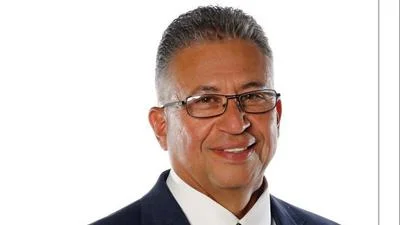The New Mexico Human Services Department (HSD) recently announced a positive development for economically disadvantaged families in the state. Over 9,000 low-income residents have received a 23 percent increase in financial aid through family cash assistance programs. This adjustment is the first increase in cash assistance for New Mexicans since 2011.
The HSD oversees the NMWorks program, which is New Mexico's version of the federal Temporary Assistance for Needy Families (TANF) initiative. NMWorks aims to provide financial assistance and resources to support low-income families. Eligibility for TANF/NMWorks requires individuals to reside in New Mexico, meet income and resource criteria, have dependent children under 18 (who are citizens or have eligible immigration status), and provide information about their monthly income. Additionally, many TANF recipients may also be eligible for other services provided by HSD.
The increase in monthly cash assistance was implemented due to the rising cost of living, making it difficult for families to make ends meet. Kathy Slater-Huff, the acting deputy secretary for the New Mexico Human Services Department, stated that the increase will help pay for necessities and make life a little easier for over 9,000 New Mexicans.
In August 2023, the monthly financial assistance provided to a family of four was raised from $539 to $663. This significant increase in cash assistance was made possible by House Bill 2, which was passed during the 2023 New Mexico Legislative Session and signed into law. The assistance offered through the TANF program is intended to help families cover essential expenses.
Overall, this 23 percent rise in financial aid for economically disadvantaged families in New Mexico is a positive step towards alleviating the financial burden faced by these individuals. The increase in cash assistance will provide much-needed support for basic needs such as transportation, shelter, and utilities. It is a testament to the state's commitment to improving the lives of its low-income residents and ensuring they have access to essential resources.









